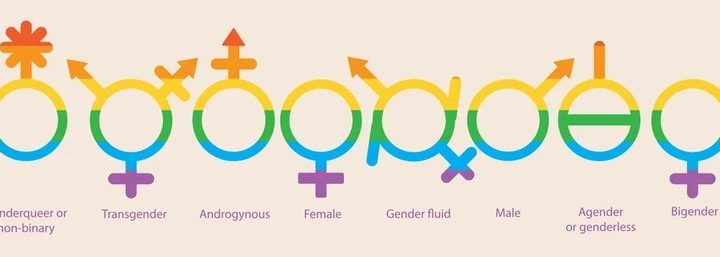Negative SEO Black Hat
Negative SEO Black Hat Spamming are dirty tactics that create havoc with your online website and business. Let’s put a stop to this today!
For me, I have been bombarded by SEO Pornography spam from Germany and India. I have been searching Google, on a daily basis, and reporting all the illegal spam websites that have been using my name and business trademarks to advertise unscrupulously.
.
.
UNDERSTANDING NEGATIVE SEO
Negative SEO involves a collection of “black hat” techniques that are maliciously directed towards a website.
Those practicing negative SEO employ these strategies by generating spammy links directed at the target site, often using unfavorable keywords such as “Viagra,” “porn,” or “gambling.”
Additionally, attempts may be made to remove essential links from the site. These tactics are further supplemented by other underhanded methods. However, a more sinister approach involves hacking the website and causing widespread disruption within it.
.
.Negative SEO Black Hat
PREVENTING NEGATIVE BLACK HAT SEO ATTACKS
To shield your website from the detrimental consequences of a significant negative SEO attack, consider implementing the following measures:
Vigilant Reputation Management: Utilize tools like Google Alerts, Social Mention, Board Tracker, or Brand Yourself to stay informed about online references to you or your business. Not only does this help you stay updated, but it also aids in promptly detecting any malicious activities, allowing for swift response.
Checking for Duplicate Content: Regularly verify if content similar to yours is circulating online. Rely on tools like Duplicate Content Detection Software and Chrome’s incognito browsing mode to ensure the preservation of your original content.
Monitoring Website Speed: Attackers may inundate your server with requests to intentionally slow down your site’s loading speed. Given that Google considers loading time in its ranking algorithm, it’s crucial to monitor your site’s speed. Employ resources like Pingdom to evaluate your site’s loading performance.
Remaining Attentive to Backlinks: Keep a watchful eye on the pace at which you’re gaining or losing backlinks. Anomalies in this area might indicate a potential attack. Investigate the source and destination of these links and consider utilizing Google’s Disavow Links Tool if necessary. However, exercise caution to avoid unintentional harm to your site.
Strengthening Site Security: If your website operates on WordPress, fortify its security with plugins like Bulletproof Security, Akismet, or Wordfence to prevent possible breaches. Furthermore, establish alerts in Google Webmaster Tools for critical areas that could undergo significant changes.
Monitoring Web Analytics: Regularly reviewing your website’s analytics can help you detect sudden drops in traffic, unusual patterns, or anomalies that might be indicative of a negative SEO attack. Sudden changes in user behavior, bounce rates, or referral sources could signal an ongoing issue.
Content Scrapping and Duplication: Negative SEO attackers might replicate your content on other websites, leading to duplicate content issues. This can harm your site’s rankings and authority. Regularly check for instances of content scraping using tools like Copyscape to identify plagiarized content.
SSL and HTTPS Security: An attack on your site’s security can negatively impact your SEO efforts. Ensure your website has proper SSL encryption and is accessible via HTTPS. Google considers secure sites as a ranking factor and displays a “Not Secure” warning for non-secure sites in web browsers.
Regular Backups: Regularly backing up your website’s content, databases, and configurations can help you quickly restore your site to a previous state if it falls victim to a negative SEO attack or hacking.
Engage in Positive SEO Practices: Focusing on ethical and positive SEO practices can help mitigate the impact of negative SEO. By consistently creating high-quality content, building genuine backlinks, and following SEO best practices, you can strengthen your site’s overall resilience against negative tactics.
Engage with Google Disavow Tool: Google’s Disavow Links Tool can be a helpful resource if you suspect harmful backlinks are affecting your site. It allows you to signal to Google that you don’t want certain links to be considered as part of your site’s backlink profile.
Regular Monitoring and Audits: Perform regular website audits and monitoring to identify any unusual patterns or changes in your site’s performance, such as sudden drops in rankings or changes in indexed pages.
Legal Action: In extreme cases where negative SEO is causing significant harm to your business, consulting with legal experts may be necessary to explore potential legal actions against the attackers.
By implementing these precautions, you can effectively shield your site from the adverse repercussions of negative SEO attacks..Negative SEO Black Hat
.
.
MY BODYWORK DIRECTORY
.
Negative SEO Black Hat
 Written by Aleena Aspley on 21 August 2023.
Written by Aleena Aspley on 21 August 2023.
.
.
.
Negative SEO Black Hat





